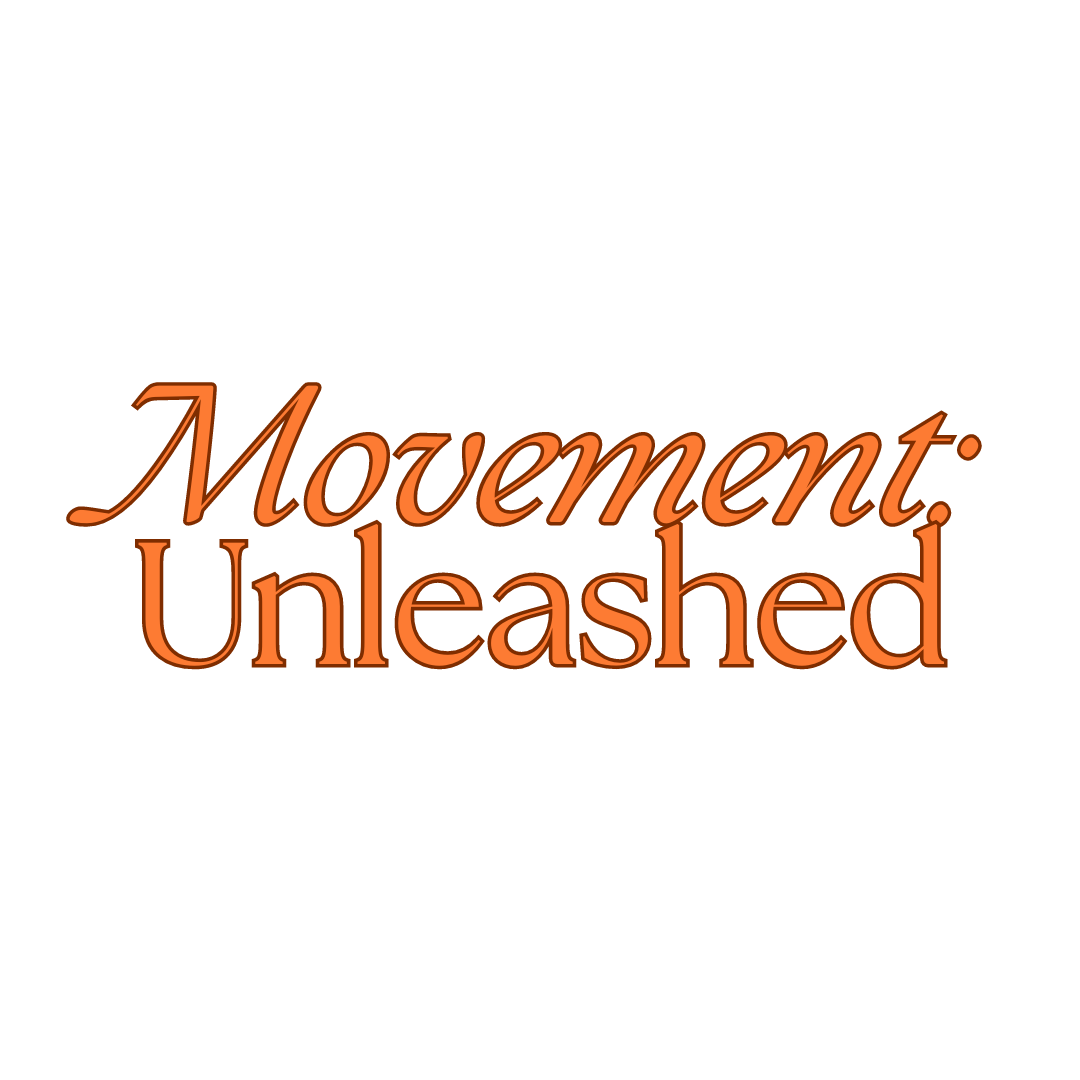Mastering the Body to Master Life

Mastering the Body to Master Life
As a culture we tend to have two primary identification-points; that of being a body, and that of being an mind. We hold it that the mind is dependant on the body for its existence, and yet we award the mind great authority in our lives. The journey towards becoming authentic and lucid in our lives could be simply stated as one of surrendering the mind to the body.
Identification
Regardless of whether you primarily identify with your body or your mind, if a bus is descending upon you, you’re either stepping out of the way or we’re going to need a jet wash and clean-up crew with strong stomachs.
So it’s safe to say that our most fundamental experience, in this existence, is one of being a body. And this body is subject to immutable environmental conditions. Namely those of residing in space and resting on the ground. This may sound ridiculously obvious, but it’s often in the overlooked obvious that we find power.
And there we have our setup for biological life on this planet. All conditions arise within the context of being a body in space, resting on the ground.
Our culture’s pedestaling of the mind has created a condition where most of us are identified with the voice in our head. Only being a body in as much as it serves the dictates of the mind (and dodging the occasional bus).
But I want to propose that being a body is a gateway to living authentically and becoming lucid in our lives.
Being a Body
By “being a body”, I mean living primarily as a body in everyday life.
Simply put there is an effective way to relate to being a body and an ineffective way. When we identify as mind we put the cart before the horse. We may ignore signals from the body telling us what is good for us and what is not. We may suppress bodily functions to fit in with the dictates of our family, community or culture (think suppression of yawning or holding in urine in a classroom setting). Many of these habits become ingrained and begin to show up as physical ailments in our adult lives. On a mental-emotional level we tie ourselves in knots which in turn distorts our physiology.
As we begin to “map out” these physical habits we learn about the underlying energetic causes - feeling-states and emotions. Dig a little deeper and we discover those energetic causes are based on dispositions and inner-orientations towards life - beliefs and assumptions. A little deeper still and we find root assumptions we hold about ourselves, others, the universe and our place in it; what we hold to be absolutely true - our identity.
It is possible to work directly on the causal level - what we identify as. This level has the most profound, deep and long-lasting (permanent) effect. However, it’s my experience that many people are not able to work on that level very effectively until they have developed a relationship with their body. A relationship with, what Peter Ralston calls, the Principles of an Effective-Body-Being.
Aligning our body-mind to these powerful principles trains the mind to a state of surrender. We subordinate the mind to what is effective and efficient. And in order to surrender to the principles one must learn how to change one’s inner-state, thus empowering us with the experiential-knowing that we are in charge of how we feel and that how we feel determines our experience of life, including the shape and state of our body.
The journey towards this alignment is a transformative one. We cannot be in alignment with the principles and hold onto to disempowering thoughts, emotions and dispositions. The two cannot coexist. The principles are an anchor to consciousness - a rock we can cling to during the tantrums and storms of the mind.
A Principle-led Approach
What I appreciate so much about principles is that no matter what level they are approached, whether novice or master, we are always dealing with the same principle. We are always working in the same direction. The form may change, the practices may become increasingly challenging, but the direction of our practice remains the same - embodiment of the principle.
Five Principles of an Effective Body-Being
The five principles are as follows:
- Being Calm
- Relaxing
- Being Centred
- Being Grounded
- Feeling the Whole Body
As you begin to cultivate these principles in your experience you may notice that each principle is reliant on all the others. In order to relax, on must be calm and grounded; to be centred one must feel the whole body; feeling the centre has a calming effect. To master one is to master all; implying that these five principles are really five components of one principle. When all five principles are embodied they culminate in an experience that Peter Ralston calls Chen Hsin - True Being. In my experience this can be described as alignment with who and what I am; that which is being a body, being a mind.
Be Here Now
In the cultivation of the five principles one will naturally develop all kinds of attributes often associated with spiritual pursuits, like presence, focus, intent, openness, surrender, allowing, unity, dis-identification with the self-mind. What I like about the principles in this respect is that they are primary and the attributes are by-products of their acquisition. Which is in contrast to many spiritual doctrines, where often we are encouraged to cultivate certain attributes in order to “become like” the master/ sage/ teacher/ guru. Which encourages the layering-on of more conditioning onto an already conditioned mind, creating little more than an army of actors. Whereas alignment with the principles fosters the deconditioning of anything that is not effective and efficient in terms of being a body, whilst cultivating everything we hold to be holy.
So, if you find that your practice is plateauing or stagnating, then I suggest you look to see if you are practicing form without principle. If so, then find a principle that your form can serve. You might find that this alone will unstick your practice. In this light you may even discover that you’ve outgrown your form or practice and it’s time to find something more effective in order to move you towards your intended goal. And this is the beauty of working with principles - we can take on any form that’s effective; opening us to experimenting with anything that works and dropping whatever does not serve us.
